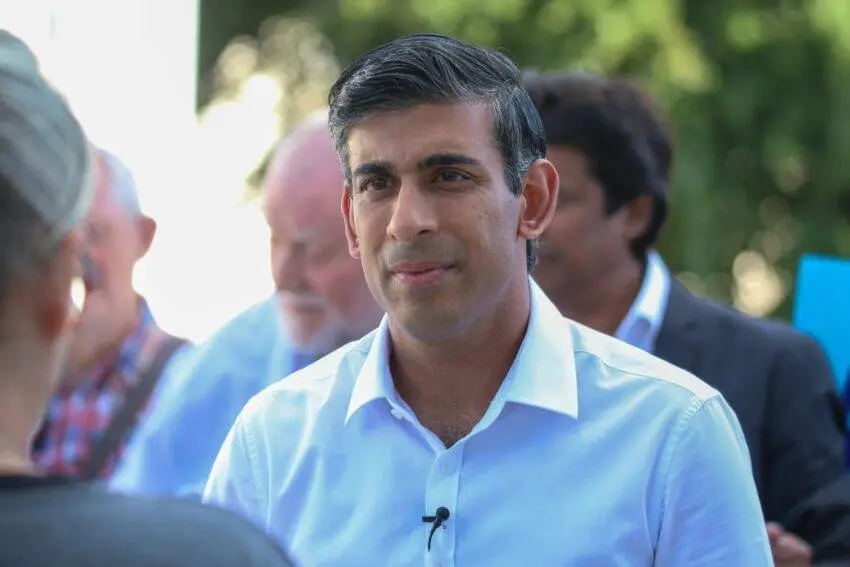Prime Minister Rishi Sunak has announced a significant reform aimed at extending child benefit to higher earners in the UK. This move is expected to impact many families and has stirred much debate in political circles.
The proposed changes will allow households with a single earner making up to £120,000 to receive full child benefit. This is a substantial increase from the current threshold and aims to address long-standing criticisms of the existing system.
Current System and Its Criticisms
Currently, child benefit is worth over £2,000 annually for families with two children. However, it is gradually withdrawn when one household member earns over £60,000 and is completely withdrawn once income exceeds £80,000.
Critics argue that the thresholds are arbitrary. For instance, a household with dual earners each making £60,000 still receives full benefits, while a single earner making £80,000 receives none. This disparity has been labelled unfair and in need of reform.
Proposed Changes
The planned overhaul will lift the threshold to £120,000 for a single earner, with gradual withdrawal commencing only when household earnings exceed £160,000. This change is projected to cost £1.3 billion and will be funded through measures against tax avoidance and evasion.
Chancellor Jeremy Hunt announced, “Today we have unveiled a £1,500 tax cut for parents to enhance financial security and provide more spending power for families.”
Hunt stressed that raising the next generation is of paramount importance and that the plan is part of broader efforts to reduce taxes and alleviate the financial burden on working families.
Political Reactions and Implications
Prime Minister Sunak used a recent debate to assert that Labour would impose a £2,000 tax hike on households, a claim firmly denied by Labour leader Sir Keir Starmer. Starmer labelled the prime minister’s claims as false.
A Labour spokesperson also criticised the proposed policy, calling it “another chaotic, unfunded policy from Rishi Sunak, reversing his party’s own decisions.”
Historical Context and Previous Changes
The current £60,000 threshold was introduced by the Conservatives in 2013, ending universal child benefit. This initially affected one in eight families.
Since its introduction, the frozen threshold now impacts nearly one in three families, or up to 2.5 million households. The growing number of affected households has intensified calls for reform.
Hunt had previously raised the threshold from £50,000 to £60,000, citing the unfairness to single-earner households. He has long advocated for further reforms to address these disparities.
Future Conservative Plans
In the upcoming manifesto, the Conservatives plan to announce another significant tax cut. Potential reductions in stamp duty and inheritance tax are also being considered.
Hunt emphasised, “Voters face a clear choice: bold Conservative tax cuts for working families or a £2,094 tax increase under Labour to cover their £38.5 billion spending gap.”
Criticism and Scrutiny
The Conservative Party’s claim about Labour’s £2,000 tax rise has faced scrutiny. The Office for Statistics Regulation noted that the figure covers a four-year period and can be misleading without full context.
Starmer reiterated that Labour’s plans are fully costed and funded, with no tax rises for working people. The prime minister’s claims were described as desperate and false by the Labour leader.
The proposed extension of child benefit to higher earners marks a significant shift in policy, aiming to address longstanding criticisms of the current system.
As the debate continues, it remains to be seen how these changes will impact families and the broader political landscape in the UK.

